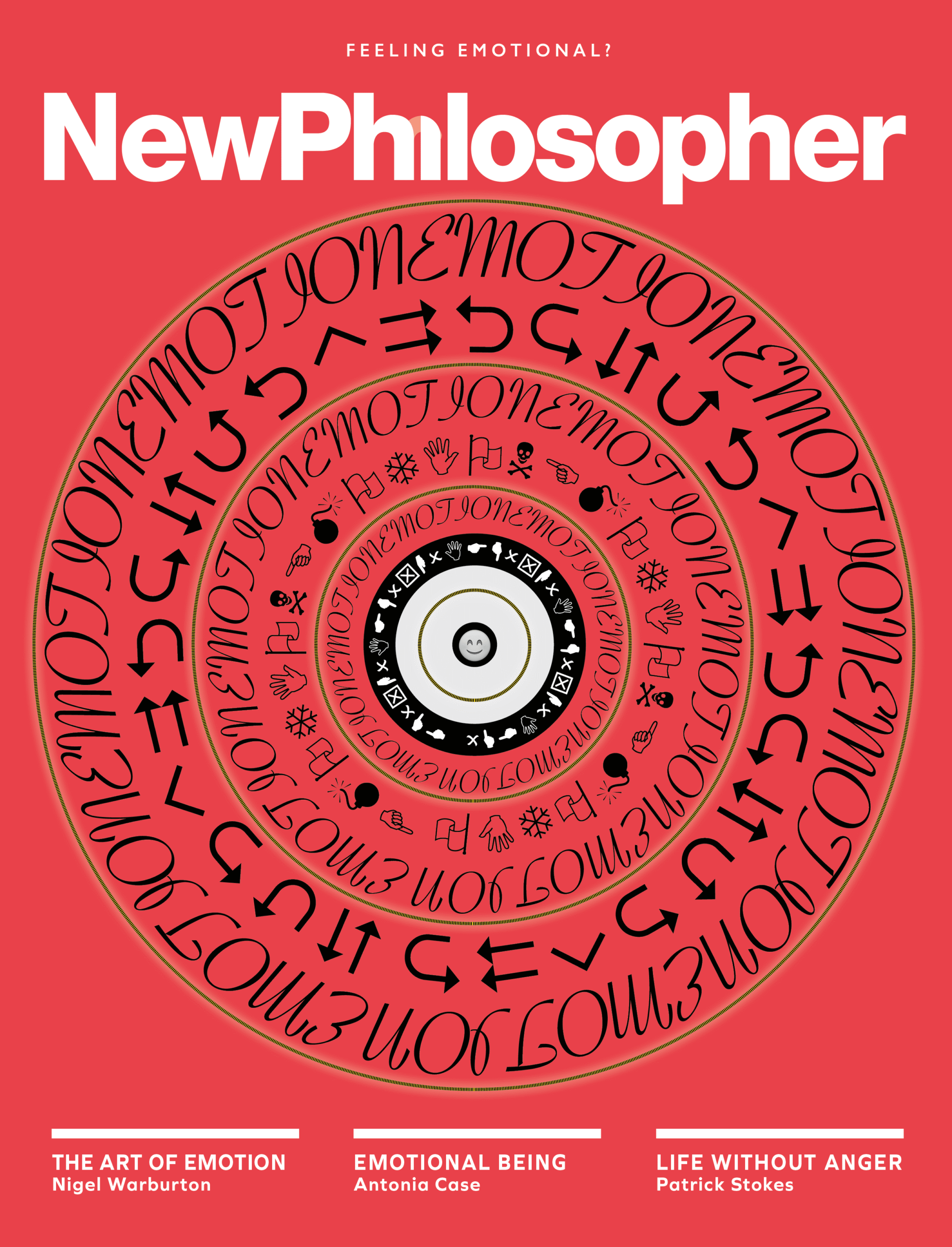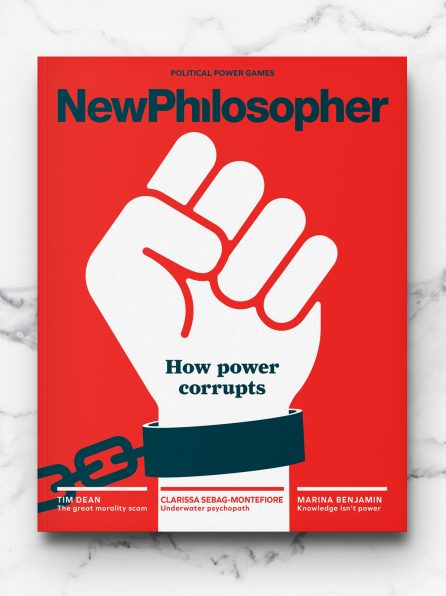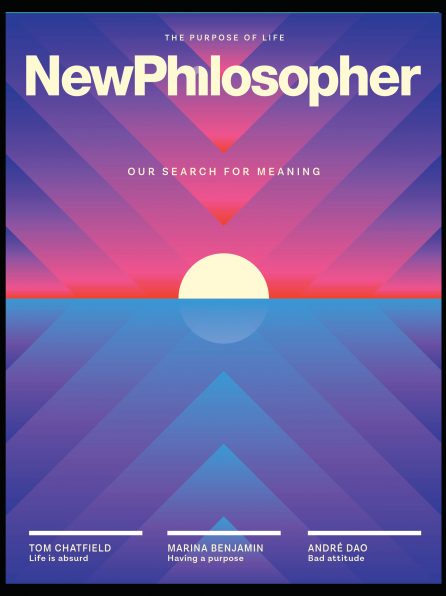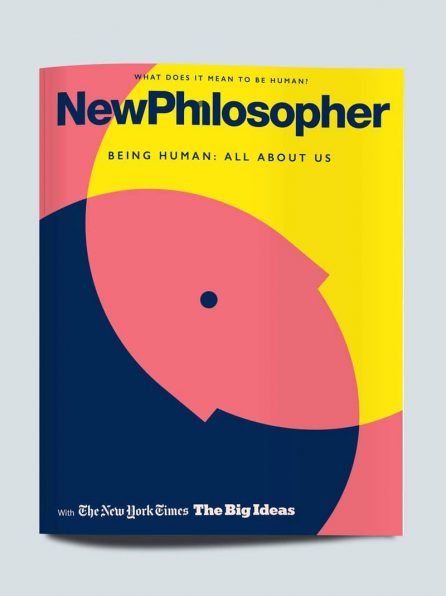Description
“Reason is, and ought only to be the slave of the passions, and can never pretend to any other office than to serve and obey them.”
–David Hume
David Hume’s declaration that reason ought to be “the slave of the passions” might, to modern ears, sound like an invitation to chaos. Yet Hume’s insight has found allies among neuroscientists such as Antonio Damasio, who argues that emotions are not vestigial remnants of a primitive past, but essential guides for decision-making and consciousness itself. Without emotion, Damasio tells us, our reasoning grows strangely detached, severed from the very human concerns that give our lives meaning.
They’re hardly the first (nor the last) to grapple with the complexity of emotional states. Two millennia ago, Epictetus insisted that while we can’t control what happens to us, we can govern how we interpret those events – and, thus, how we feel about them. Centuries earlier and halfway across the world, Confucius saw emotions as forces to be regulated by principle, warning that without such guidance, passion could become reckless; while acknowledging that without feeling, virtue could become rigid.
Fast forward to the 20th century, and American psychologist Paul Ekman, building on Guillaume Duchenne’s research on facial expressions, revealed how emotions cross borders of culture and even species, forging connections or sowing discord. Emotions, it seems, are both intensely personal and profoundly social: a bridge between our inner life and the shared world.
We might wish, at times, for pure reason to rule unchallenged. Yet perhaps Hume was right: emotion is not our adversary but our compass. For in feeling, as in thinking, lies the map of what truly matters to us.
Zan Boag, Editor-in-Chief





